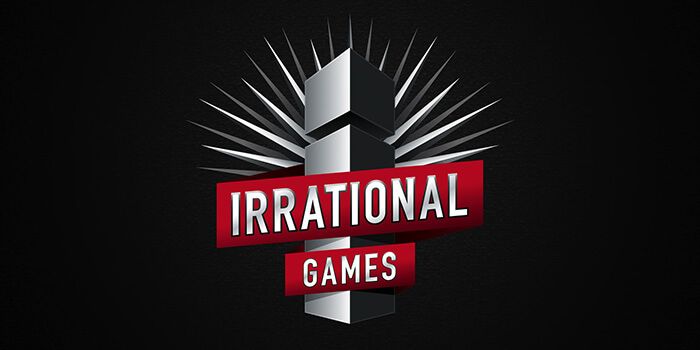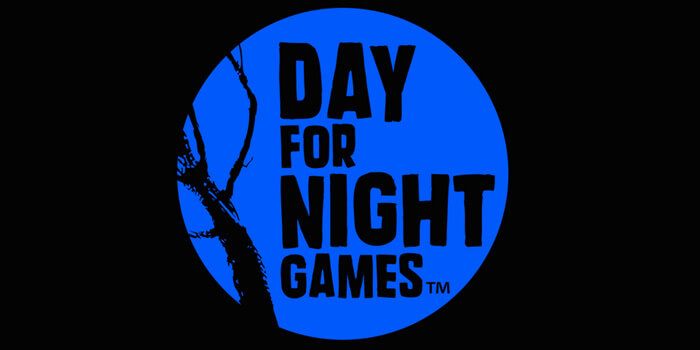When BioShock studio Irrational Games dissolved in early 2014, it came as a shock to industry professionals and fans alike. BioShock: Infinite was one of the most highly praised games of the previous year, earning 42 Game of the Year awards and high scores across the board for inventive story and world-building, responsive AI, and breathtaking artwork. With such a critically acclaimed game, it seemed that Irrational had a bright future—so why did Ken Levine, creator and co-founder, announce the dissolution of the studio to a smaller team of only 15?
"In time we will announce a new endeavor with a new goal: To make narrative-driven games for the core gamer that are highly replayable," Levine said in a post on Irrational Games' website. It's an admirable goal; AAA games are often criticized for a lack of innovation, focusing on tried-and-true methods of storytelling and shoot-'em-up gameplay over inventive mechanics and narratives with some notable exceptions.
Levine and Irrational Games aren't the first developers to leave the AAA world in favor of making more challenging games. Jade Raymond, executive producer at Ubisoft for games like Assassin's Creed II and Watch Dogs, left the company in October. Cliff Bleszinski, former design director for Epic Games, left Epic in 2012 and announced his return in June with his own independent studio. David Goldfarb, director of Payday 2, also left Overkill this year in favor of starting his own studio.
"I don’t want to make other people’s games," Goldfarb told IGN in an interview. "I have things I want to do. I've decided to do that.”
With Independence Comes Freedom
All of these devs have left high-ranking jobs at AAA studios to brave the world of indie game development. Why turn down audiences and job security for uncertainty?
Freedom, most of these developers say. "You see a lot more experimentation these days, in terms of the story and the meaning, happening in indie games," Raymond told Metro in a 2013 interview.
Much like the division between big-budget Hollywood and independent filmmakers, even high-ranking game developers find freedom in indie work. Without the pressures of a big studio, game devs are able to push past expectations for what games are or aren't, employing unique art styles, narrative devices, or other techniques similar to the way that many Hollywood directors and actors do more creative and experimental work under independent studios.
Balancing the Risks with the Rewards
Working independently can be scary—there's no guarantee of success, even for devs with games like BioShock on their résumé. Day For Night Games, a new studio comprised of several former Irrational employees, failed to successfully crowdfund their narrative-driven game The Black Glove. While the game isn't dead in the water, lacking a publisher and enough funding to finish the ambitious project puts a significant dent in the studio's ability to finish the game quickly and to their standards.
Still, independent gaming is on the rise. As more well-known and celebrated developers make the switch from AAA studios to independent work, and as independent games like Minecraft, Fez, and Super Meat Boy gain more attention, our concepts for what games were, are, and can be shift too. Whether you prefer the streamlined success of AAA studios or the experimental nature of indie games, now-independent game developers are sure to have some interesting things in store for us in the future.
What do you think of game devs moving to independent studios? Do you follow your favorite developers' independent work, or do you stick with AAA studios?



